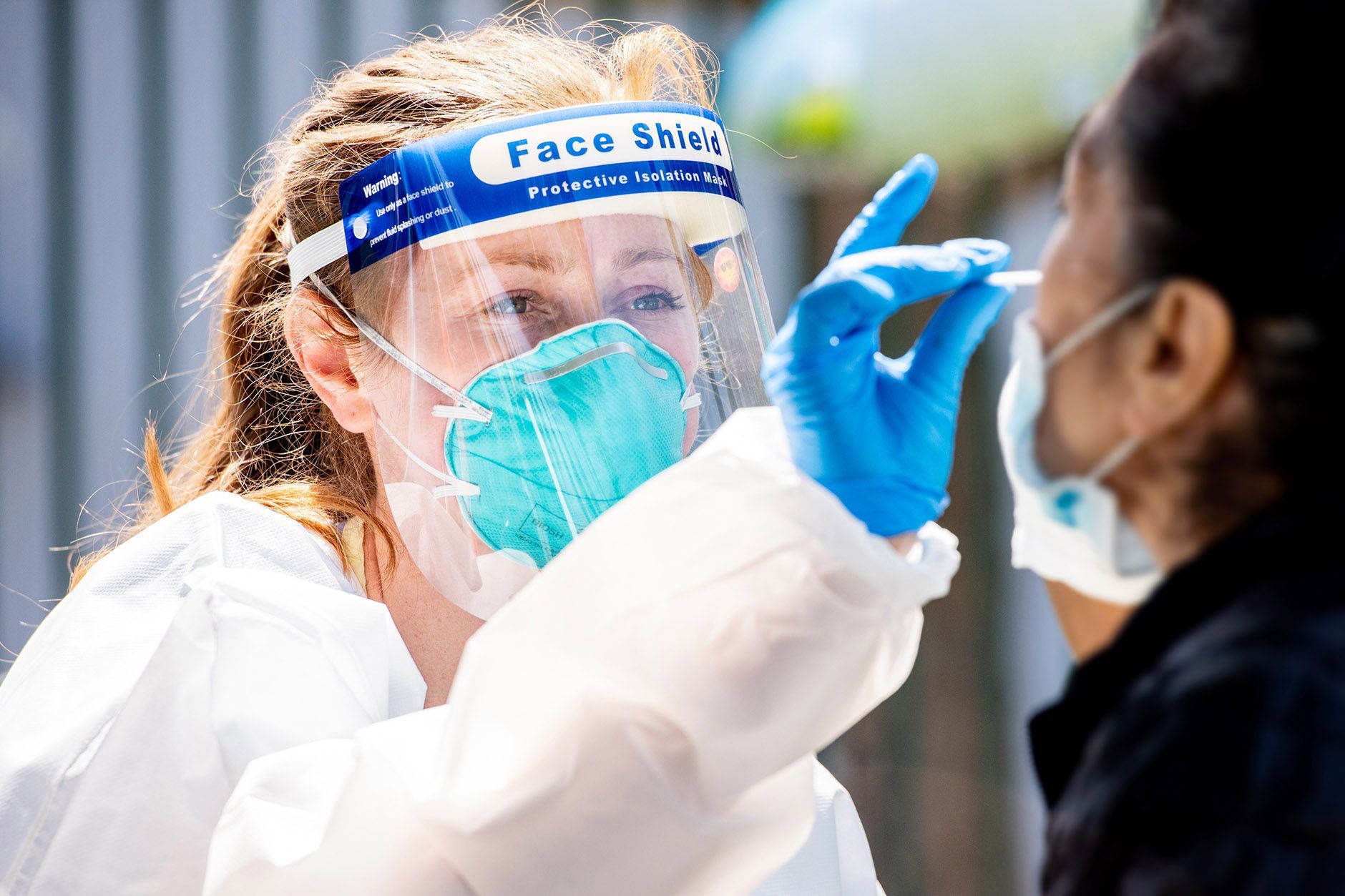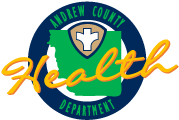April 9, 2025
Chronic diseases such as diabetes, heart disease, and hypertension are some of the most common health concerns facing Andrew County residents. While these conditions can significantly impact quality of life, they are often manageable — and in some cases preventable — with the right lifestyle choices and resources. The Andrew County Health Department is committed to providing guidance and support to help residents prevent and manage chronic conditions effectively. Tips for Preventing Chronic Diseases Taking proactive steps to improve your health can greatly reduce your risk of developing chronic conditions. Here are key prevention strategies to follow: Adopt a Balanced Diet: Focus on whole foods like fruits, vegetables, lean proteins, and whole grains. Limit processed foods, sugary drinks, and excessive salt to support heart and metabolic health. Stay Active: Aim for at least 150 minutes of moderate exercise each week. Activities such as walking, swimming, or yoga can improve cardiovascular health, reduce stress, and help maintain a healthy weight. Manage Stress: Chronic stress can contribute to conditions like high blood pressure and heart disease. Practice relaxation techniques such as meditation, deep breathing, or mindfulness to improve mental well-being. Prioritize Quality Sleep: Aim for 7-9 hours of restful sleep each night. A consistent sleep routine supports heart health, immune function, and emotional balance. Avoid Tobacco and Limit Alcohol: Smoking is a major risk factor for heart disease and other chronic illnesses. If you need help quitting, the Andrew County Health Department offers resources and support. Managing Chronic Conditions Effectively For those already living with a chronic illness, proper management is key to maintaining a high quality of life. Here are some practical tips: Follow Your Treatment Plan: Work closely with your healthcare provider to create a personalized treatment plan. Stay consistent with medications, lifestyle changes, and follow-up visits. Monitor Your Health: Regularly track your blood pressure levels as recommended by your doctor. Early detection of changes can help prevent complications. Adopt Healthy Eating Habits: A heart-healthy or diabetic-friendly diet can make a significant impact. Our team can connect you with nutrition resources to help manage your condition. Stay Active in Safe Ways: Low-impact exercises like walking or swimming can improve strength, mobility, and heart health without overexertion. Join a Support Program: Connecting with others who share similar health concerns can provide motivation and encouragement. The Andrew County Health Department assists with finding a support groups and educational workshops to help residents manage their conditions. Resources in Andrew County for Chronic Disease Management The Andrew County Health Department provides various resources to support residents managing chronic diseases, including: Health Screenings: Regular screenings for blood pressure, cholesterol, and blood sugar levels to detect concerns early. Nutritional Counseling: Guidance on creating meal plans that support heart and metabolic health. Your Health, Your Future By taking proactive steps to prevent and manage chronic diseases, you can improve your overall well-being and enjoy a healthier, more active lifestyle. The Andrew County Health Department is here to provide guidance, resources, and support every step of the way. For more information on available programs, screenings, and support services, visit Andrew County Health Department or contact our office directly. Together, we can build a healthier, stronger community.







